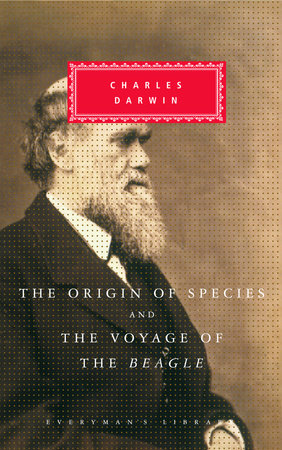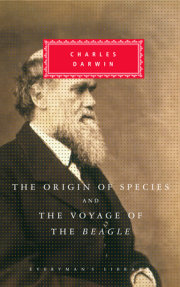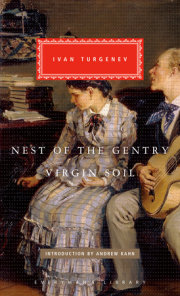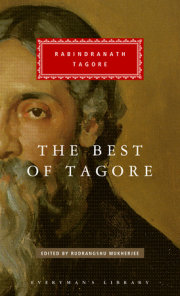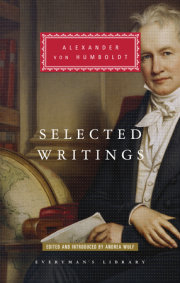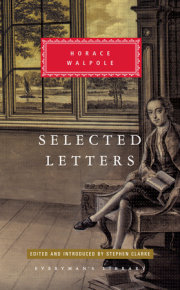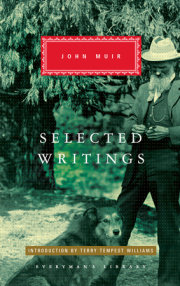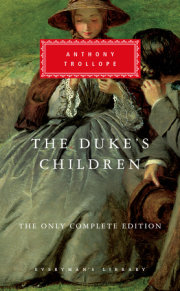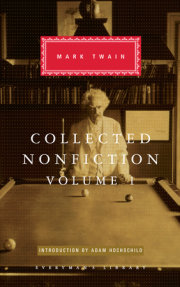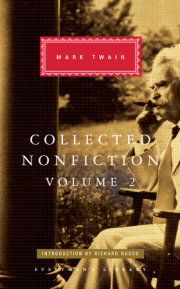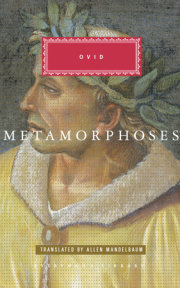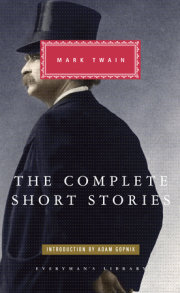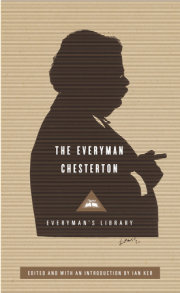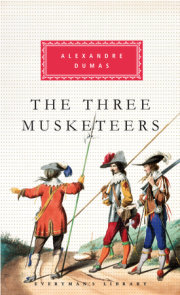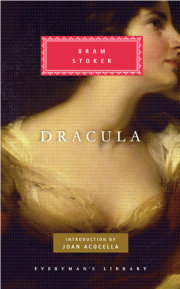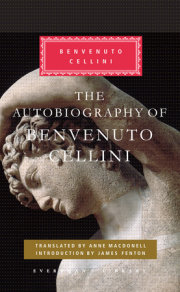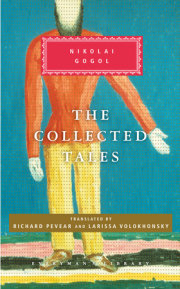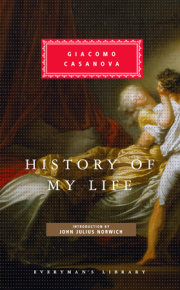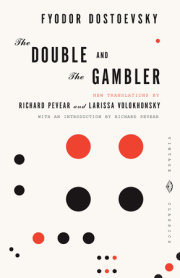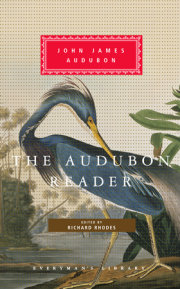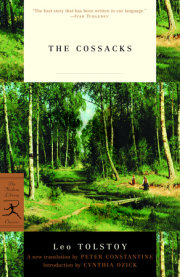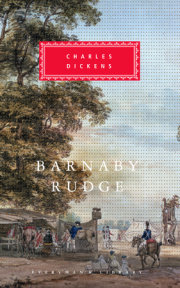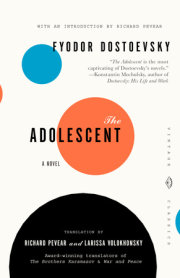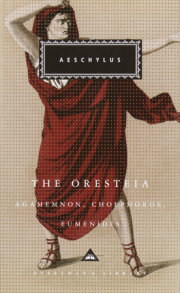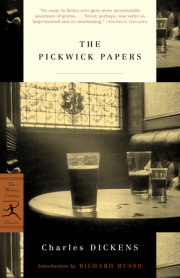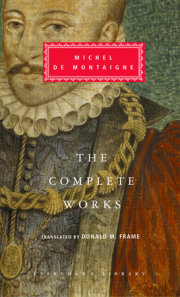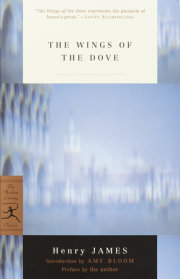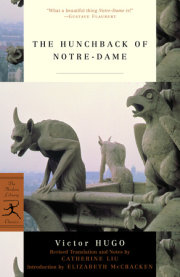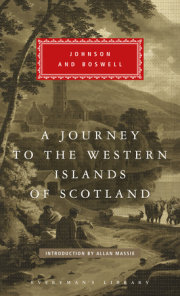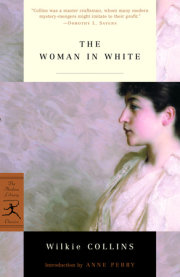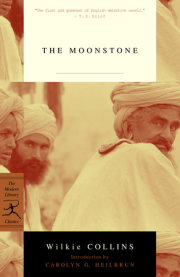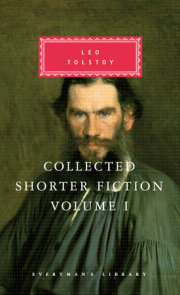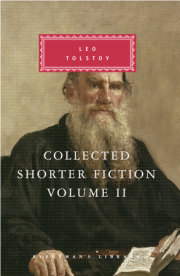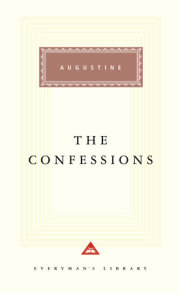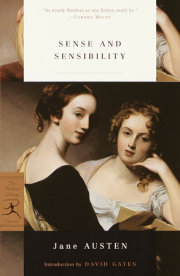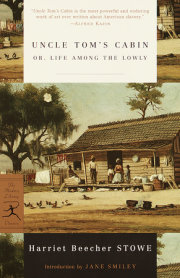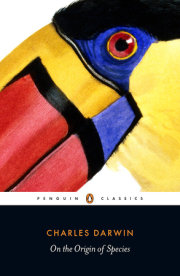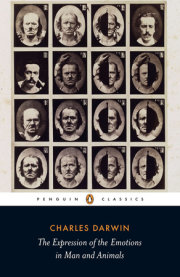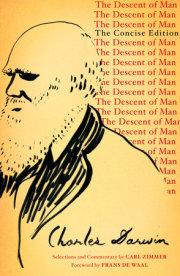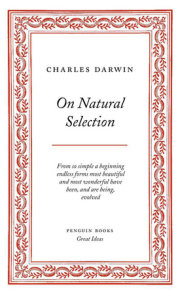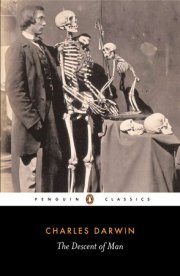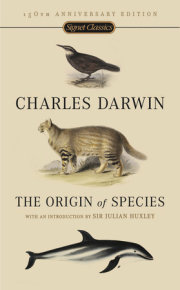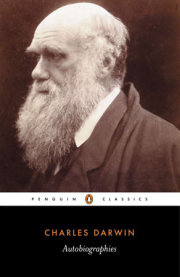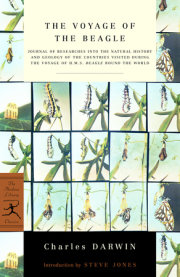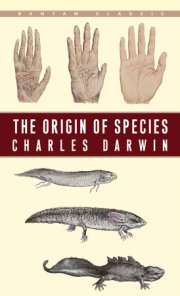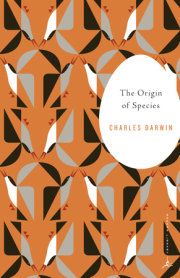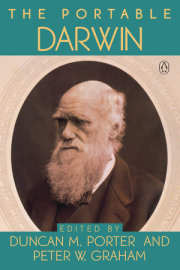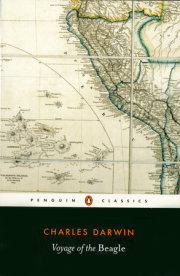Suppose we measure the power of a scientific theory as a ratio: how much it explains divided by how much it needs to assume in order to do that explaining. By this criterion, Darwin’s theory of evolution by natural selection is second to none. Think of what it explains — and I really mean explains in the fullest sense of the word: your existence and mine; the form, diversity, and apparently designed complexity and elegance of all living things, not only on this planet but probably wherever in the universe organized complexity may be found. The explanatory work that the theory does, then — the numerator of the ratio — is immense. But the theory itself — the denominator — could hardly be smaller or more simple; you can write it out in a phrase: ‘Non-random survival of randomly varying hereditary elements.’ That isn’t quite how Darwin himself would have put it (he phrased it in terms of the survival and reproduction of individual organisms). But it captures the essence of his idea in a way that — I am convinced — he would recognize and, indeed, enjoy if he were alive today.We can probably pare the denominator down even further, to a single essential: heredity. Given that there exists a system of high fidelity copying, two things will follow immediately: there will be a population of the entities copied; and, since no copying process is perfect (there is mutation, in other words), they won’t all be exactly the same. It then follows that successful hereditary types will tend to increase in number at the expense of unsuccessful hereditary types. That is probably all that is needed for life to get going and, given enough time, to evolve living machinery whose complexity and diversity progresses without obvious limit.Consider where we would be without Darwin’s idea. We’d presumably have some sort of science of biology. Students would take degrees in the subject, books would be written, Nobel prizes in physiology and medicine would be won. We might know in some detail how living organisms work; we’d know that a human body is a teeming army of cells, a thousand times more numerous than the people in the world; we’d know that every one of these cells is a mass-production moleculefactory packed with the membranous equivalent of miles of sophisticated conveyor belt. We’d know a great deal about how our bodies work, and how the bodies of shrimps, elephants and redwood trees work. We’d be compelled to recognize how complicatedly organisms are fitted to survive in their particular worlds. But we wouldn’t have the foggiest idea why. We’d read volumes about living things but we wouldn’t have a clue about where they came from originally nor why they work so efficiently and purposefully. It would undoubtedly be the most baffling problem in biology — probably in the whole of science and the whole of philosophy. This was the problem that Darwin decisively solved. We are now as certain as one can ever be in science that a version of Darwin’s solution is the correct one.The Darwinian solution to the riddle of existence is so powerfully simple, so felicitous to the modern mind, that it is hard for us to understand why it had to wait until the midnineteenth century before anyone thought of it. It is further surprising — and probably telling — that this great inspiration, which looks so elegant from the modern armchair, eluded centuries of philosophers, mathematicians and polymaths. Plato and Aristotle never even got close, fooling about with ‘essences’ and ‘ideal forms’; Leibnitz and Newton gave us calculus (which might seem a more exacting intellectual achievement) but not an inkling of the reason for our own existence; Hume would surely have recognized the idea as a great one if it had occurred to him, but it never did. Having eluded this galaxy of all-time talent, the answer finally came, almost simultaneously, to two English naturalists. Darwin and Wallace, they alone, thought of it.For we must not forget Alfred Russel Wallace. This happens to Wallace quite often, I am afraid. He tends to get a poor deal at the hands of posterity, partly through his own generous nature. It was Wallace himself who coined the word ‘Darwinism’, he regularly referred to it as Darwin’s theory and he referred to himself as ‘more Darwinian than Darwin’. The main reason we know Darwin’s name more than Wallace’s is that Darwin went on, a year later, to publish
The Origin of Species. The
Origin not only explained and advocated the Darwin/Wallace theory of natural selection as the mechanism of evolution. It also — and this had to be done at book length — set out the multifarious evidence for the
fact of evolution itself.Given the failure of great philosophers and other thinkers throughout history to tumble to the breathtakingly powerful yet simple principle of natural selection, it is worth attending to the story of Darwin and Wallace, in case the similarities between them are revealing. The drama of how Wallace’s letter arrived at Downe House on 18 June 1858, casting Darwin into an agony of indecision and worry, is too well known for me to retell it. In my view the whole episode is one of the more creditable and agreeable in the history of scientific priority disputes — precisely because it wasn’t a dispute, although it so very easily could have become one. It was resolved amicably, and with heartwarming generosity on both sides, especially, I must say, on Wallace’s. As Darwin later wrote:Early in 1856 Lyell advised me to write out my views pretty fully, and I began at once to do so on a scale three or four times as extensive as that which was afterwards followed in my
Origin of Species ; yet it was only an abstract of the materials which I had collected, and I got through about half the work on this scale. But my plans were overthrown, for early in the summer of 1858 Mr Wallace, who was then in the Malay archipelago, sent me an essay
On the Tendency of Varieties to depart indefinitely from the Original Type ; and this essay contained exactly the same theory as mine. Mr Wallace expressed the wish that if I thought well of his essay, I should send it to Lyell for perusal. The circumstances under which I consented at the request of Lyell and Hooker to allow of an extract from my MS., together with a letter to Asa Gray, dated September 5, 1857, to be published at the same time with Wallace’s Essay, are given in the
Journal of the Proceedings of the Linnean Society, 1858, p. 45. I was at first very unwilling to consent, as I thought Mr Wallace might consider my doing so unjustifiable, for I did not then know how generous and noble was his disposition. The extract from my MS. and the letter to Asa Gray . . . had neither been intended for publication, and were badly written. Mr Wallace’s essay, on the other hand, was admirably expressed and quite clear. Nevertheless our joint productions excited very little attention, and the only published notice of them which I can remember was by Professor Haughton of Dublin, whose verdict was that all that was new in them was false, and what was true was old. This shows how necessary it is that any new view should be explained at considerable length in order to arouse public attention.Darwin was over-modest about his own two papers which were read at the Linnean Society. Both are models of the explainer’s art. Wallace’s paper is also very clearly argued. His ideas were, indeed, remarkably similar to Darwin’s own, and there is no doubt that Wallace arrived at them independently. In my opinion the Wallace paper needs to be read in conjunction with his earlier paper, published in 1855 in the
Annals and Magazine of Natural History. Darwin read this paper when it came out. Indeed, it led to Wallace joining his large circle of correspondents, and to his engaging Wallace’s services as a collector. But, oddly, Darwin did not see in the 1855 paper any warning that Wallace was by then a convinced evolutionist of a very Darwinian stamp. I mean Darwinian as opposed to the Lamarckian view of evolution which saw modern species as all on a ladder, changing into one another as they moved up the ladder. By contrast Wallace, in 1855 had a clear view of evolution as a branching tree, exactly like Darwin’s famous diagram which became the only illustration in
The Origin of Species. The 1855 paper, however, made no mention of natural selection or the struggle for existence.That was left to Wallace’s 1858 paper, the one that hit Darwin like a lightning bolt. Here, Wallace even used the phrase ‘Struggle for Existence’, and he devoted considerable attention to the exponential increase in numbers (another key Darwinian point). Wallace wrote:The greater or less fecundity of an animal is often considered to be one of the chief causes of its abundance or scarcity; but a consideration of the facts will show us that it really has little or nothing to do with the matter. Even the least prolific of animals would increase rapidly if unchecked, whereas it is evident that the animal population of the globe must be stationary, or perhaps . . . decreasing.Wallace deduced from this thatThe numbers that die annually must be immense; and as the individual existence of each animal depends upon itself, those that die must be the weakest . . .Wallace’s peroration could have been Darwin himself writing:The powerful retractile talons of the falcon- and the cat-tribes have not been produced or increased by the volition of those animals; but among the different varieties which occurred in the earlier and less highly organized forms of these groups, those always survived longest which had the greatest facilities for seizing their prey. Neither did the giraffe acquire its long neck by desiring to reach the foliage of the more lofty shrubs, and constantly stretching its neck for the purpose, but because any varieties which occurred among its antitypes with a longer neck than usual at once secured a fresh range of pasture over the same ground as their shorter-necked companions, and on the first scarcity of food were thereby enabled to outlive them. Even the peculiar colours of many animals, especially insects, so closely resembling the soil or the leaves or the trunks on which they habitually reside, are explained on the same principle; for though in the course of ages varieties of many tints may have occurred, yet those races having colours best adapted to concealment from their enemies would inevitably survive the longest. We have also here an acting cause to account for that balance so often observed in nature, — a deficiency in one set of organs always beingcompensated by an increased development of some others — powerful wings accompanying weak feet, or great velocity making up for the absence of defensive weapons; for it has been shown that all varieties in which an unbalanced deficiency occurred could not long continue their existence. The action of this principle is exactly like that of thecentrifugal governor of the steam engine, which checks and corrects any irregularities almost before they become evident.The image of the steam governor is a powerful one which, I can’t help feeling, Darwin might have envied. Historians of science have raised the suggestion that Wallace’s version of natural selection was not quite so Darwinian as Darwin himself believed. Wallace persistently used the word ‘variety’ as the level of entity at which natural selection acts, for example in the long passage I have just quoted. And some have suggested that Wallace, unlike Darwin who clearly saw selection as choosing among
individuals, was proposing what modern theorists rightly denigrate as ‘group selection’. This separated groups or races of individuals. But I believe a careful reading of Wallace’s paper rules it out. I think that by ‘variety’ Wallace meant what we would nowadays call ‘genetic type’, even what a modern population geneticist (as opposed to molecular geneticist) might mean by a gene. I think that, to Wallace in this paper, variety meant not local race of eagles, for example, but ‘that set of individual eagles whose talons were hereditarily sharper than usual’.If I am right, it is a similar misunderstanding to the one suffered by Darwin, whose use of the word ‘race’ in the subtitle of
The Origin of Species is sometimes misread in support of racialism. That subtitle, or alternative title rather, is
The Preservation of Favoured Races in the Struggle for Life. Once again, Darwin was using ‘race’ to mean ‘that set of individuals who share a particular hereditary characteristic, such as sharp talons’,
not a geographically distinct race such as the Hoodie Crow. If he had meant that, Darwin too would have been guilty of the group selection fallacy. I believe that neither Darwin nor Wallace were. And, by the same token, I do not believe that Wallace’s conception of natural selection was different from Darwin’s. As for the calumny that Darwin plagiarized Wallace, that is rubbish. The evidence is very clear that Darwin did think of natural selection before the younger man, although he did not publish it. We have his abstract of 1842 and his longer essay of 1844 both of which establish his priority clearly, as did his letter to Asa Gray of 1857 which was also read out at the Linnean Society in 1858. Why he delayed so long before publishing is one of the great mysteries of the history of science. Some historians have suggested that he was afraid of the religious implications, others the political ones. Maybe he was just a perfectionist.
Copyright © 2003 by Charles Darwin. All rights reserved. No part of this excerpt may be reproduced or reprinted without permission in writing from the publisher.

